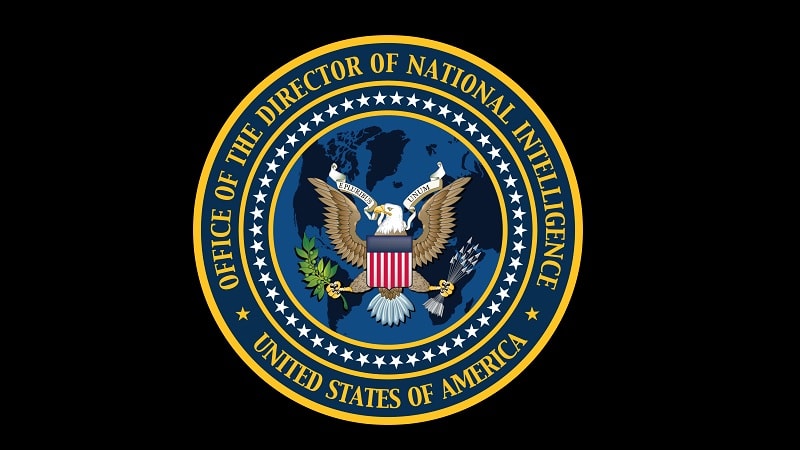
The Office of the Director of National Intelligence (ODNI) will cut its workforce by more than 40% by the end of fiscal year 2025 and reduce its annual budget by over $700 million, the agency announced on Wednesday.
The changes come as Director of National Intelligence (DNI) Tulsi Gabbard works to “refocus the agency,” calling the reforms “long overdue.”
The initiative, dubbed “ODNI 2.0,” aims to streamline operations, eliminate redundancies, and realign the agency with its core national security functions.
“ODNI has become bloated and inefficient,” Gabbard said in a statement. “ODNI and the IC must make serious changes to fulfill its responsibility to the American people and the U.S. Constitution by focusing on our core mission: find the truth and provide objective, unbiased, timely intelligence to the President and policymakers.”
According to Gabbard, ODNI 2.0 is the start of a “new era focused on serving our country, fulfilling our core national security mission.”
As part of the restructuring, the ODNI will consolidate key mission areas and eliminate several offices, including the External Research Council and the Strategic Futures Group – both of which the agency said contributed to injecting partisan bias into intelligence products.
The overhaul will also refocus the role of the Cyber Threat Intelligence Integration Center (CTIIC). According to the plan, much of CTIIC’s mission overlaps with work already performed by the National Intelligence Council (NIC), particularly in monitoring cyber-related intelligence. As a result, CTIIC’s core functions and personnel will be folded into ODNI’s Mission Integration and the NIC.
Additionally, the ODNI plans to integrate and transfer the National Intelligence University’s programs to the Department of Defense’s National Defense University.
Meanwhile, the Foreign Malign Influence Center, the National Counterproliferation and Biosecurity Center, and other offices will also see changes, with resources redirected to align with the President’s intelligence priorities.
Reaction to the announcement quickly split along partisan lines in Congress. Senate Intelligence Committee Chairman Tom Cotton, R-Ark., endorsed the move as a step toward restoring the ODNI’s original size, scope and mission, framing it as a way to enhance the agency’s effectiveness under President Donald Trump.
“Congress created the ODNI to be a lean organization that used small staffs to coordinate across the Intelligence Community and execute specific, important tasks. Today’s announcement is an important step towards returning ODNI to that original size, scope, and mission,” Sen. Cotton said.
In contrast, the committee’s top Democrat, Sen. Mark Warner, D-Va., expressed caution, pledging to closely scrutinize the proposals and ensure that any changes bolster rather than undermine national security.
“There is broad, bipartisan agreement that ODNI is in need of thoughtful reform. The Intelligence Authorization Act directs Director Gabbard to submit a plan to Congress outlining her proposed changes, and we will carefully review her proposals and conduct rigorous oversight to ensure any reforms strengthen, not weaken, our national security,” Sen. Warner said, adding that he was not confident Gabbard “is the right person to carry out this weighty responsibility.”
